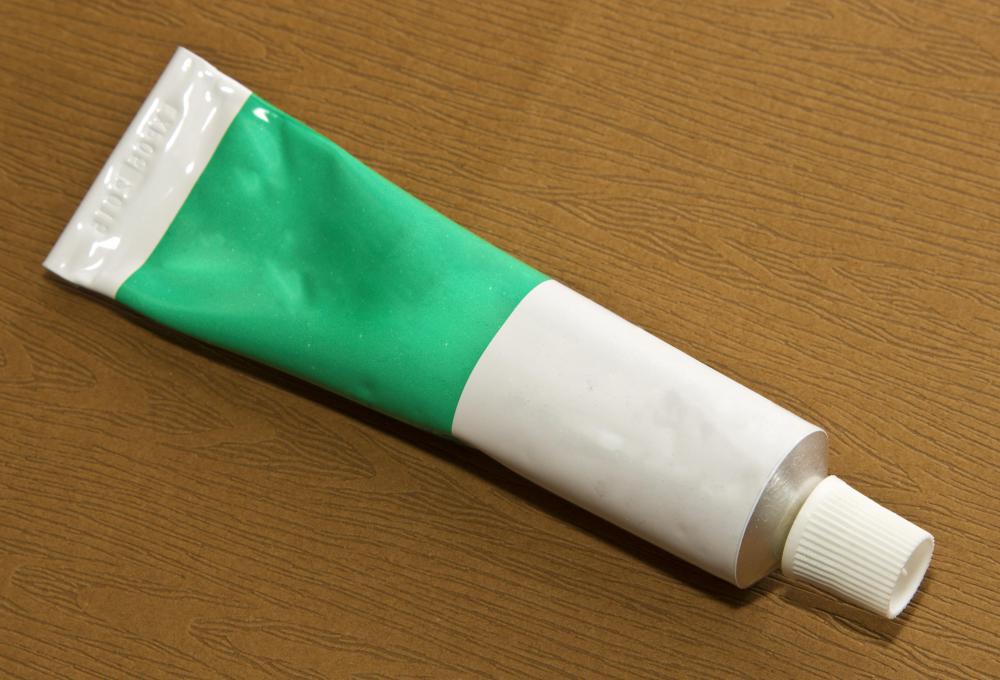Genital warts are caused by the human papilloma virus (HPV), and are a common STI in the United Kingdom. There is no cure for HPV, but the symptoms can be treated and managed effectively with various genital warts treatments.
Table of Contents
Testing and diagnosing genital warts
Generally, genital warts can be diagnosed through a simple physical inspection. A medical professional will take a close look at the area in question, possibly using a magnifying lens, to confirm their diagnosis. For women, if an internal examination of the necessary, a speculum will be used to help get a clear view of the cervix and inside.
Warts are usually painless unless they become irritated. You can use our Online Photo Assessment service if you think you might have genital warts. Through this secure assessment, one of our clinicians will review the photos you upload and offer/suggest treatment if they think you have got warts.
Genital warts treatment
If one of our clinicians suggests Best Genital warts treatment for your genital warts, the method of is likely to be dependent on the severity of the infection. Genital warts treatments and removal can vary based on the size, volume and texture of the warts.
Different types of genital warts will respond to different types of treatments, so our clinicians will tailor a treatment plan specifically for you based on the characteristics of your particular infection. Warts can be removed through a variety of methods, including freezing, burning, or surgery, and the choice of method will be based on the size and number of warts present, as well as your personal preferences.
Alternative treatments
In more severe cases, you may want to consider genital wart removal.
There are a few ways you can go about this:
- Cryotherapy: This involves freezing the warts with liquid nitrogen or dry ice. This causes the outer membranes of the wart(s) to split, killing the cells of the growth. It can take up to three weeks for the skin to heal after cryotherapy and it’s a good idea to abstain from *** until it’s fully healed.
- Excision: The wart is essentially cut off with a scalpel whilst under local anaesthetic. The wound will then be stitched afterwards.
If you have a large wart that hasn’t responded to medicinal treatments, electrosurgery may be an option for you. This procedure involves running a metal loop around the wart and passing an electrical current through it to burn away the wart. As this treatment can be quite painful, you will likely be given a regional anaesthetic to numb your body below the waist, or even a general anaesthetic.
Laser surgery is used as a last resort to treat larger warts that may be difficult to access with other methods. For example, those that are deep inside the or urethra. It may also be used for pregnant women who have failed to respond to medicinal treatments. In this instance, the warts are literally burned away with a laser. Depending on the severity of the surgery, it may require either a local or general anaesthetic.
You should avoid all sexual intercourse until you are completely healed from your wart treatment – whether that be from excision, laser surgery, or any other physical forms of treatment. It is important to note that HPV – the virus that causes warts – can still remain in your system even after treatment, so there is always a chance of the warts returning.





Después de apagar la mayoría de los teléfonos móviles, se eliminará la restricción de ingreso de contraseña incorrecta. En este momento, podrá ingresar al sistema mediante huella digital, reconocimiento facial, etc.
I gave cbd gummy for sleep a prove payment the cardinal habits, and I’m amazed! They tasted distinguished and provided a sense of calmness and relaxation. My emphasis melted away, and I slept less ill too. These gummies are a game-changer on the side of me, and I enthusiastically endorse them to anyone seeking appropriate stress liberation and think twice sleep.